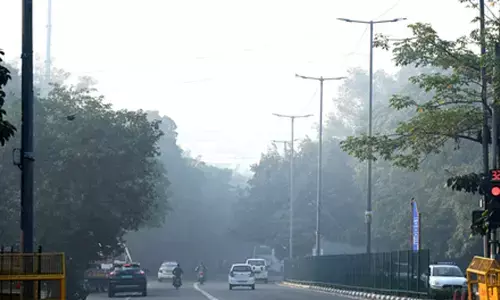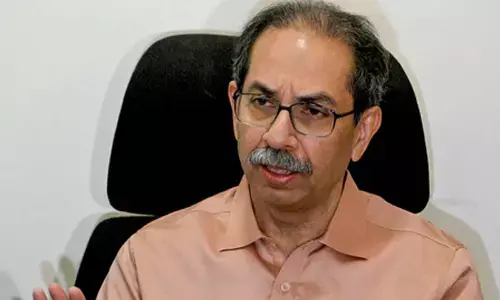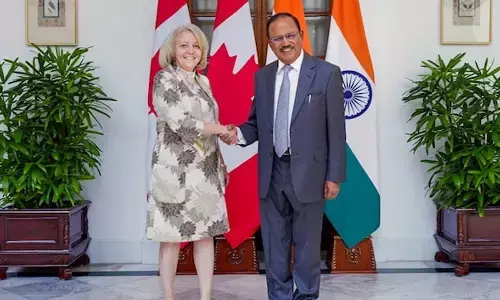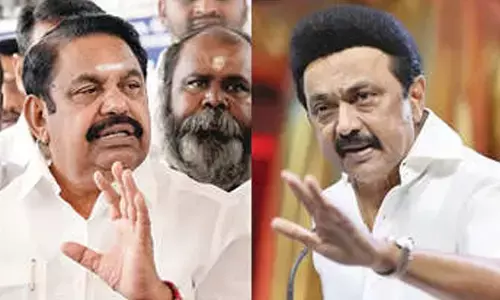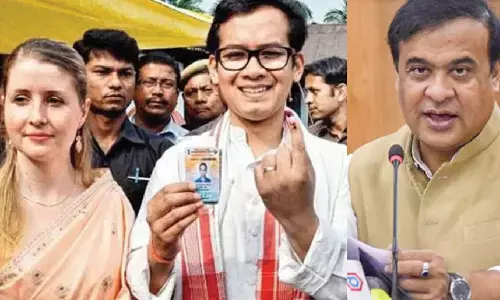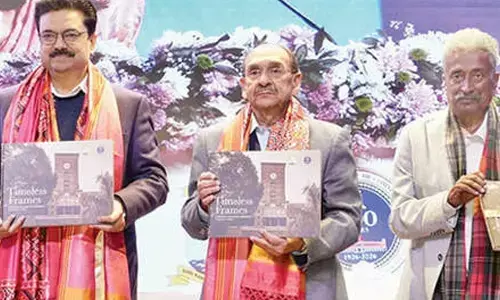Diwali shopping spree: Balancing tradition, retail frenzy
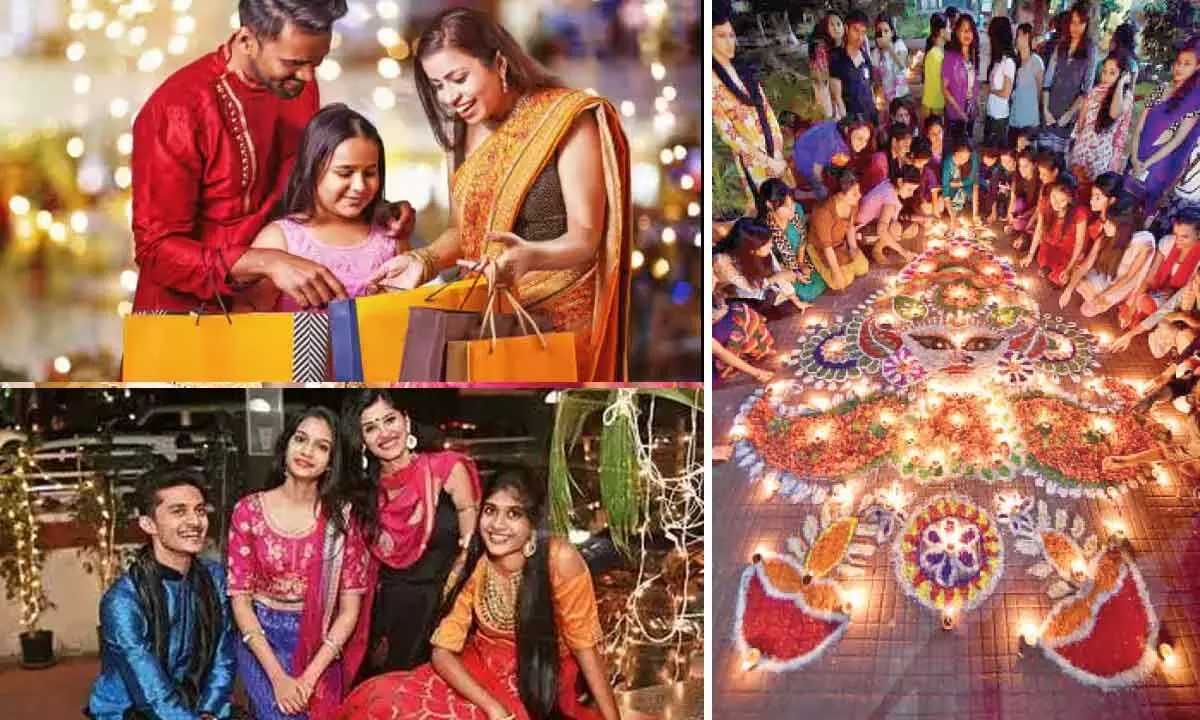
According to ‘Third Festive Pulse’ survey approximately 70 per cent of Indians are prepared to spend more this Diwali
- Rising consumer optimism is expected to lead to higher festive sales this year
- Brands create ad campaigns that are customised to the interests and preferences of their target audience
- Commercialisation of Diwali has increased even more with the growth of e-commerce
- People are focusing on material aspects rather than the festival’s traditional and spiritual elements
- Commercialisation has a complex and multifaceted impact on the cultural significance of festivals
Hyderabad: Diwali, also known as Deepavali, is one of the most widely observed festivals in India and among people of Indian descent worldwide. It is a festival that holds immense cultural, religious, and social significance. It represents the spiritual "victory of light over darkness and good over evil".
The history of Diwali is deeply rooted in Hindu mythology and has evolved over thousands of years. It also presents a significant commercial opportunity for businesses because it is customary to exchange gifts, set off firecrackers, and feast with friends and family.
According to the ‘Third Festive Pulse’ survey conducted by global advertising technology leader The Trade Desk, approximately 70 per cent of Indians are prepared to spend more this Diwali, a significant 35 per cent increase from last year.
Of those who said they intended to spend more, 68 per cent said they would be more likely to spend more on jewellery and gold, 65 per cent on new clothes, 64 per cent on gifts for family and friends, and 64 per cent on food for Diwali. According to recent research, rising consumer optimism in India is expected to lead to higher festive sales this year. As this is the busiest shopping season, brands create ad campaigns that are customised to the interests and preferences of their target audience. A lot of companies, especially in the retail industry, take advantage of festivals, especially Diwali, to increase sales. In order to draw customers during this festive season, they provide exclusive discounts, promotions, and time-limited deals. This is now common practice in industries like electronics, fashion, and home appliances.
The commercialisation of Diwali has increased even more with the growth of e-commerce. Online retailers make it easy for customers to shop from the comfort of their homes by offering special offers and discounts. This has caused a big change in consumer behaviour, with more people choosing to shop online during the holidays. One such example is the Amazon ‘Great Indian Festival’ sale.
While the commercialisation of festivals benefits businesses and local economies, there are concerns about the potential dilution of these events' cultural and spiritual significance. In the modern context, striking a balance between commercial interests and preserving the authentic essence of festivals remains a challenge.
It becomes apparent that commercialisation aims to increase consumer spending. For them, following traditions is less important than spending money and giving and receiving gifts. This trend is redefining festivals to meet the needs of businesses and to make them more accessible to communities, undoubtedly for profit maximisation. Instead of spreading the underlying values, they are attempting to present festivals as a fashion statement.
Commercial entities exploit cultural traditions for profit without genuine respect or understanding. This has led to the commodification of sacred symbols and practices, potentially causing offence to communities and diminishing the sanctity of cultural elements. External festivities and consumer-driven activities overshadow the importance of spending quality time with loved ones and reinforcing familial bonds. The emphasis on shopping and materialism during Diwali may cause a shift in priorities, with people focusing on material aspects rather than the festival's traditional and spiritual elements. Commercialisation has a complex and multifaceted impact on the cultural significance of festivals. While it provides economic benefits and global exposure, a balance must be struck between commercial interests and the preservation of authentic cultural and spiritual elements that make festivals meaningful.








